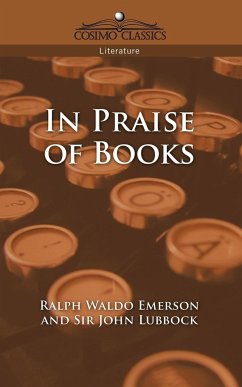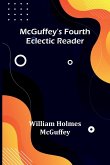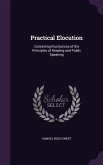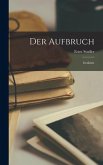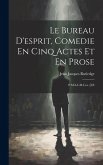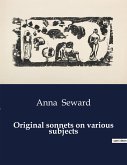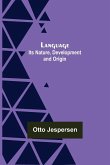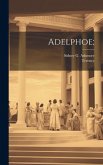With suggestions form influential thinkers and authors, IN PRAISE OF BOOKS can help those who are developing a personal library or reading list. Ralph Waldo Emerson contributed an Atlantic Monthly essay to this volume, in which he recommended his favorite writers and texts. He named Homer, Shakespeare, Herodotus, Dante, Spenser, Bacon, Dickens, and Thackeray as among his most cherished authors. He also listed his three criteria for selecting a book: never read a book that is less than a year old, always read well-known books, and always read topics that one enjoys. Sir John Lubbock also shared his love of books -- "How thankful we ought to be for these inestimable blessings, for this numberless host of friends who never weary, betray, or forsake us!" he wrote -- before recommending the works of Confucius, Aristotle, St. Augustine, Darwin, Goethe, Eliot, and many more. Also included are quotes about reading and books from Socrates ("Employ your time in improving yourself by other men's writings; so you shall come easily by what others have labored hard for"), Niccolo Machiavelli ("I forget every vexation" when reading), Alexander Pope ("At this day, as much company as I have kept, and as much as I love it, I love reading better"), Henry Fielding ("We are as liable to be corrupted by books as by companions"), David Hume ("[I] was seized very early with a passion for literature, which as been the ruling passion of my life"), and other avid readers.
Hinweis: Dieser Artikel kann nur an eine deutsche Lieferadresse ausgeliefert werden.
Hinweis: Dieser Artikel kann nur an eine deutsche Lieferadresse ausgeliefert werden.

